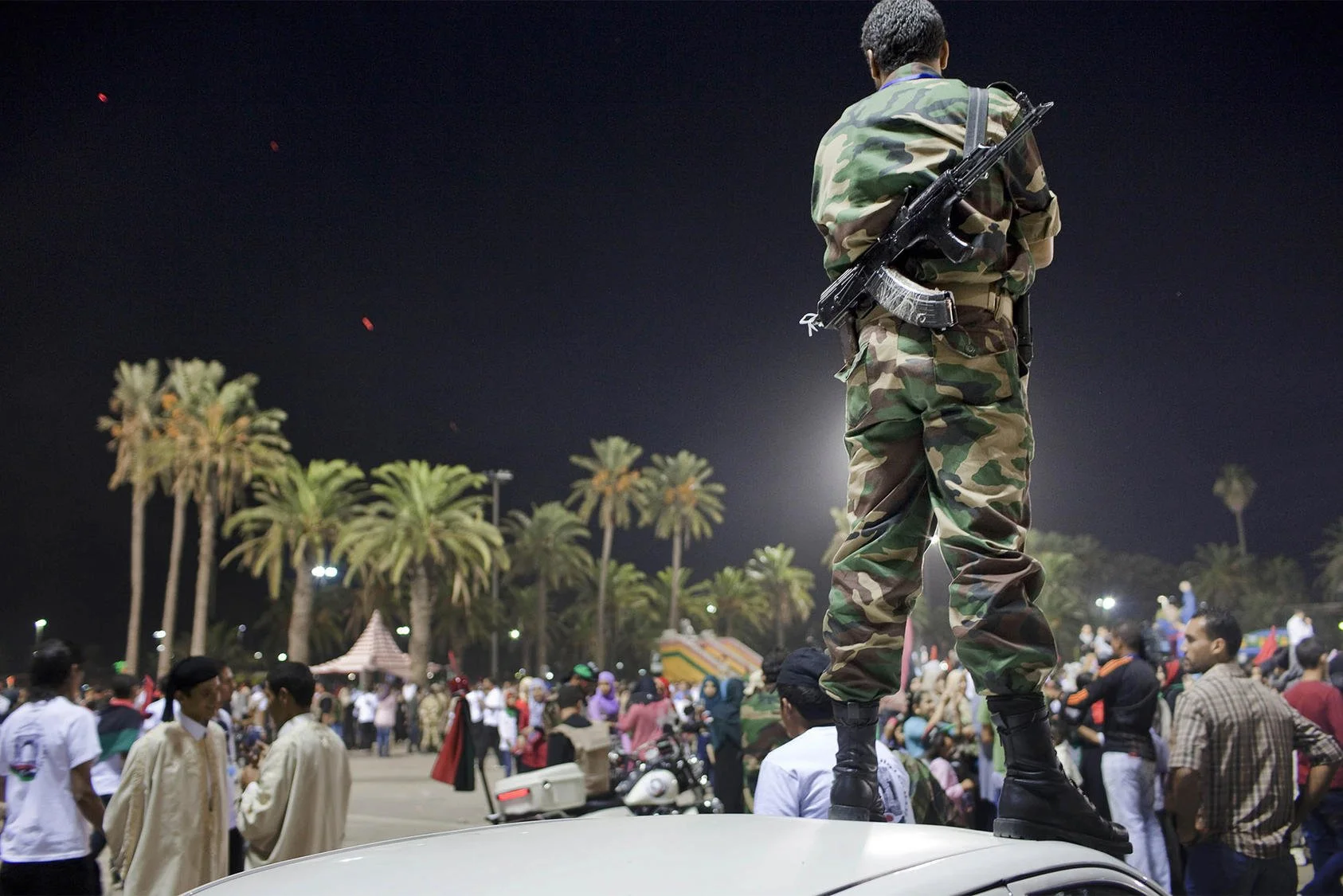On 9 January, the United States Institute of Peace (USIP) released a publication entitled ‘The U.N.’s Libya Mission Needs a Reset’. Author Thomas Hill, UNSIP Senior Program Officer for North Africa, examines the development of the United Nations Support Mission in Libya (UNSMIL) and assesses what UNSMIL’s future should look like. Hill argues that the UN created UNSMIL in 2011 after the overthrow of Muammar Qadhafi left Libya with ‘no viable political parties, civil society organisations (including religious organisations), or military leaders able to fill the vacuum’. He says UNSMIL also sought to mitigate international actors' competing interests in Libya. Hill says UNSMIL mirrored NATO’s cautious approach to the Libyan transition process. He writes that UNSMIL sought not to handhold Libya into a new political era, but rather to initiate a dialogue that would foster reconciliation, protect human rights, and coordinate international support. Hill says that UNSMIL was never empowered fully to ‘restore public security and order’, lacking a peacekeeping force and that UN sanctions were not enforced properly in Libya. While Hill notes that UNSMIL has had several notable achievements (i.e., the Libyan Political Agreement in 2015 and the Libyan Political Dialogue Forum in 2020), it has largely failed to bring order, stability, and governance to Libya. Hill argues that this is also due to Libyan politicians caring more for their individual power goals than ‘the needs of the nation’, and due to UN member states being unwilling or unable to enforce embargoes, sanctions, or act beyond their national interests.
Hill does not view UNSMIL as a lost cause, seeing the opportunity to revise its mandate in 2023 as a chance for UNSMIL to become fit for purpose. Hill says the mandate should be changed to explicitly acknowledge that Libya’s legislative bodies, the Government of National Unity (GNU) and the Government of National Stability (GNS), are operating without valid mandates. Hill says that such a recognition could ‘shame political leaders into making the kinds of concessions necessary to execute a free, fair and inclusive national elections with respectable voter turnout’. Hill also asserts that the international community must be held accountable for their actions and work towards common positions rather than competing national interests. Hill asserts that ‘UNSMIL’s success or failure will depend on the willingness of UN member states to hold one another accountable and match their actions to their rhetoric’.
Read the full article here.

